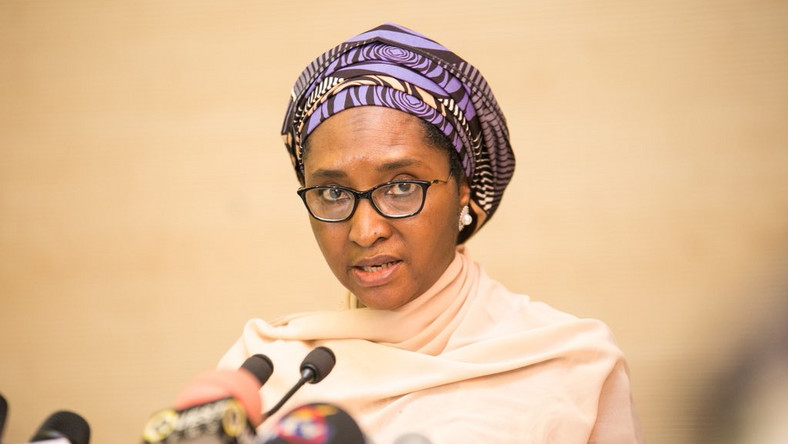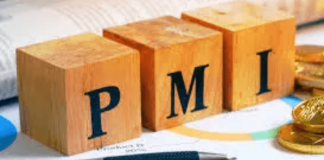The Minister of Finance, Budget and National Planning of Nigeria, Zainab Ahmed, at the weekend, clarified that the $800 million facility the country recently got from the World Bank for post-petrol subsidy removal palliative was awaiting parliamentary approval for the federal government to commence disbursement.
Ahmed, said this during an interview with journalists on the sidelines of the just concluded International Monetary Fund (IMF)/World Bank Spring Meetings in Washington DC, United States.
According to her, the facility would be deployed to provide succor to 10 million households, who are expected to get N5,000 each for a period of six months.
The minister explained that the initial duration of the palliatives meant to cushion the effects of the planned subsidy removal on vulnerable Nigerians was for six months, but would be reviewed upon extensive consultation with stakeholders.
She also debunked a report by a national newspaper (not THISDAY) that the federal government would be paying consultancy fee of $23.3 million on the facility.
Ahmed explained: “The $800 million has been negotiated and approved by the Federal Executive Council (FEC) and we now have a request before the parliament for approval. And once the parliament approves it, we will roll it out.
“We’ve also been doing preparatory work side by side along the approval process. And that includes the building of the social register which will be used for the electronic transfers of the funds.
“We needed to have this ready because when the government eventually removes fuel subsidy, there will be an immediate transport palliative that will be provided to the most vulnerable members of our society who have been identified, registered and now contained in our national social register.
“This effort is led by the Ministry of Humanitarian Affairs, Disaster Management, and Social Development. They developed that register with the support of the World Bank. The register has about 10 million households and that’s an equivalent of 50 million Nigerians.”
Speaking further, Ahmed said the initial design was to disburse cash transfers of N5,000 per month per household for a period of six months.
She noted that there would be an assessment with the transition team and If the initiative or relief was not enough, the country may need to raise additional resources to be able to cover more people, extend the period or increase the amount.
“When the subsidy is removed, there would be additional revenue that would now accrue to the federation account. One of the things we are working on is how this incremental revenue would be used. The money belongs to the federal, state, and local governments.
“We hope that we’ll be able to still ring- fence this incremental revenue and apply it to measures that will help to ensure that the fuel subsidy removal is actually sustained so that It won’t be another start-and-stop program.
“But this has to be a collective decision. The current administration and the incoming administration are working on a plan to make sure that we have a consensus on how to use that incremental revenue.”
Responding to a question on the payment of consultancy fee on the facility, Ahmed said: “I have no clue as to what this is about. We raise our funds ourselves. We don’t need consultants to raise funds from these institutions.”
She added: “The $800 million was raised by discussing with the Debt Management Office, the Ministry of Finance, and the World blBank Country Office for Nigeria. We don’t need consultants to help us raise any kind of finance. We have internal expertise that has worked well over time, so we don’t need consultants for that.”













